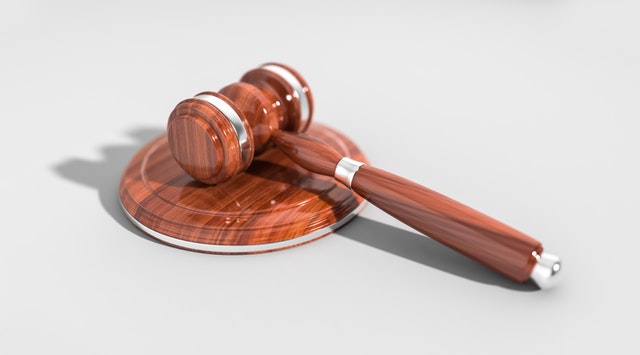During the month of January we began seeing a flurry of clients walk through the door with probate issues. Based on what we’re seeing, most Americans – irrespective of educational background or socioeconomic circumstances – seem to be under the misimpression that having a will means the beneficiaries will receive their inheritance posthaste and without having to pay legal expenses associated with probate. Wrong. Probate is the legal process where a will is determined to be valid or invalid, creditors are determined and paid, and beneficiaries get their inheritance at the end of the probate.
If there are assets just in the deceased individual’s name, a will must go through probate court before heirs can receive a penny of what was intended for them. This may be difficult for beneficiaries to accept. Why? Because proving a will’s authenticity via the probate process typically involves collecting the decedent’s assets, liquidating liabilities, paying necessary taxes, and then distributing property to heirs. Any attempts to short-circuit the process by permitting beneficiaries to claim the decedent’s assets before the will is probated is a violation of the law and could make the heirs liable for creditors or the IRS.
Case Example: A Little Knowledge is a Dangerous Thing
One case in particular stands out as unique because it illustrated the old maxim that “a little knowledge can be a dangerous thing.”
The heirs of an estate (consisting of the Uncle’s house and car) came into my office believing that they needed a quit claim deed to Uncle’s home so that a designated heir could take ownership. Inasmuch as one of the heirs had previously worked in the legal field, it was his opinion that probate could be avoided by filing a quit claim deed. I was asked to prepare such a document. I advised the client that I could not draft the deed, that this was much more than that, and a probate administration would need to be opened with the court.
It is understandable that heirs of modest estates are stunned to learn that they must spend money in order to legally inherit the Uncle’s home. Not only did this family not anticipate the routine probate expenses associated with handling their Uncle’s will, they were also shocked when I told them the will was not “self-proving.” A will is self-proving when two witnesses sign under penalty of perjury that they observed the will maker sign it. In addition, the will maker signs under penalty of perjury that he observed the witnesses sign it. Unfortunately, the attorney who drafted the will did not properly supervise the notarization process. To rectify this complication, I explained that it would be necessary to track down the original witnesses and require them to sign an “Oath of Witness to Will” – yet another expense the beneficiaries had not anticipated.
What’s the Take-Away?
First, it’s important to understand that there is a difference between will-based and trust-based planning. A will must be probated, but assets held in a trust pass directly to beneficiaries without delay and outside of probate court. That’s why we emphasize the importance of having a comprehensive trust-based estate plan. In most instances, it’s less costly for families to invest on the front-end by creating a trust-based estate plan, than it is for heirs to pay on the back-end to have the estate and/or estate probated.
Second, avoid getting caught up in the “do-it-yourself” mindset, or the inclination to substitute one’s judgment for that of experienced legal counsel. Many of our clients often spend thousands of dollars for us to unravel complications associated with do-it-yourself wills and poor estate planning.

